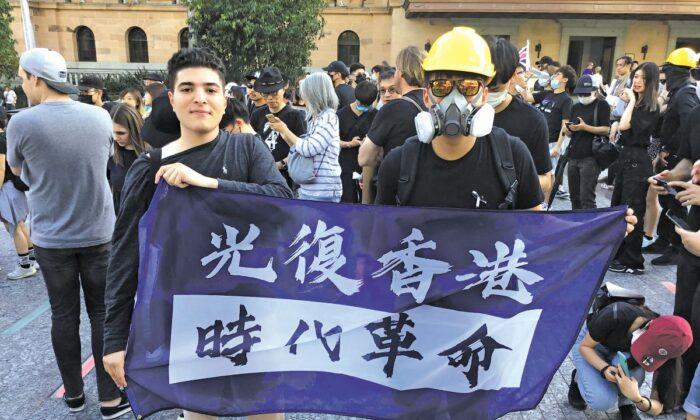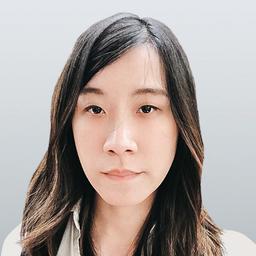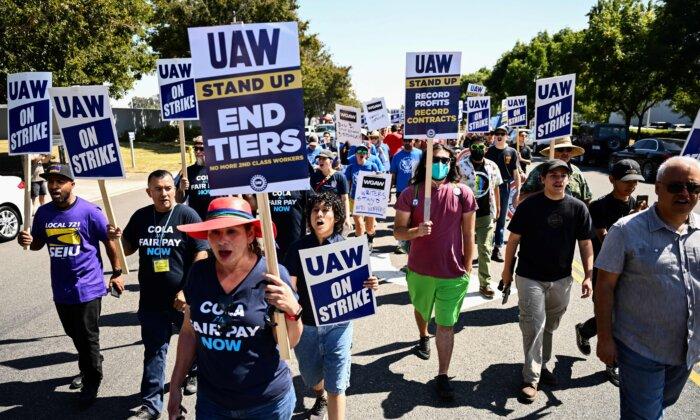An Australian student has sought a court order against the Chinese Consul-General in Brisbane alleging that a statement posted on the Consul-General’s website threatened his safety.
University of Queensland (UQ) philosophy student Drew Pavlou, 20, has applied for a
peace and good behavior order under the state’s Peace and Good Behavior Act against Dr. Xu Jie after the Consul-General, according to Pavlou, threatened his danger by labeling him as an anti-China separatist.
Xu has been issued summons to appear in the Queensland Magistrates’ Court on Nov. 22, where a magistrate will either impose the order against Xu or dismiss Pavlou’s complaint.
On the following day, Xu, who is an adjunct professor of language and culture at the university, posted a statement in Chinese on the Consul-General’s website, referring to the protest as “anti-China separatist activities.”
Chinese state-run mouthpiece Global Times then published Xu’s statement the same day. The article identified Pavlou as an organizer of the protest.
Pavlou had previously told The Epoch Times that after the publication of the statement, his social media accounts began receiving abusive messages and death threats.
Pavlou told
Sydney Morning Herald (SMH) he feels that his safety “is at risk” and that his parents have said he “might have to move out because of the threats.”
“They want me to be quiet but I feel I have to speak out,” he said.
Pavlou’s lawyer, Mark Tarrant, told SMH that Xu’s statement amounted to a threat because it was “inciting and justifying” attacks against Pavlou by describing the protest as separatist behavior.
Tarrant added that separatism is a capital offense under Chinese law and described it as an “extremely serious criminal offence.”
Pavlou is seeking an apology from Xu and a commitment not to engage in further incitement, as well as the removal of Xu’s statement, reported SMH.
The Epoch Times understands that Xu has not responded to the complaint or summons.
The Epoch Times has contacted the Chinese Embassy for comment.
Standing Up to CCP Political Influence in Australia
Pavlou has been outspoken about the Chinese Communist Party’s (CCP) political influence activities in Australia and has heavily criticized UQ’s close ties to known CCP front organizations.He demanded that the controversial Confucius Institute at the university be closed, and
called for the university’s vice-chancellor, Peter Hoj, to be removed, citing Hoj’s ties to the CCP’s Office of Chinese Language Council International, also known as Hanban, which oversees the Confucius Institutes. In 2015, Hoj was honored by Hanban as “outstanding individual of the year.” He also acts as a senior consultant to the organization.
Pavlou has also
called for Xu’s position as an adjunct professor to be retracted, given that Hoj had been the one to back Xu’s appointment back in July.
“While defending the decision to appoint the consul-general, professor Hoj reassured us by saying professor Xu would not be doing any teaching,”
said Professor Clive Hamilton, author of ‘Silent Invasion: China’s Influence in Australia,’ in August. “Well, he is of sufficient authority to be a professor. Why can’t he give some lectures?”
Hamilton has also criticized Xu’s appointment, telling
South China Morning Post in July: “Appointing a serving foreign diplomat to a university post is unheard of … It shows how the University of Queensland has become so starry-eyed about China that it has lost its judgment.”
According to a
report on Oct. 15 by the Australian Broadcasting Corporation (ABC), the Chinese communist regime has co-funded at least four university courses at UQ. The courses were developed in partnership with the Confucius Institute at the university.
One course covers China’s role in “strengthening” responses to “global security challenges,” such as human rights, “mass atrocities prevention,” and “counter-terrorism,” according to the report.
According to the CCP’s own
People’s Daily, Chinese minister of propaganda Liu Yunshan openly admitted in 2010 that Confucius Institutes were part of the party’s efforts to: “Coordinate the efforts of overseas and domestic propaganda, [and] further create a favorable international environment for us.
“With regard to key issues that influence our sovereignty and safety, we should actively carry out international propaganda battles against issuers such as Tibet, Xinjiang, Taiwan, human rights, and Falun Gong. … We should do well in establishing and operating overseas cultural centers and Confucius Institutes.”
A 2019 U.S.
Senate report and the U.S. National Association of Scholars have recommended all American universities to close their Confucius Institutes, expressing concerns about intellectual freedom and transparency, as well as the institutes being used to advance China’s soft power.
The ABC report noted that there have been calls for a review into UQ’s “lucrative arrangements” with the CCP, which include the Confucius Institute.






Friends Read Free